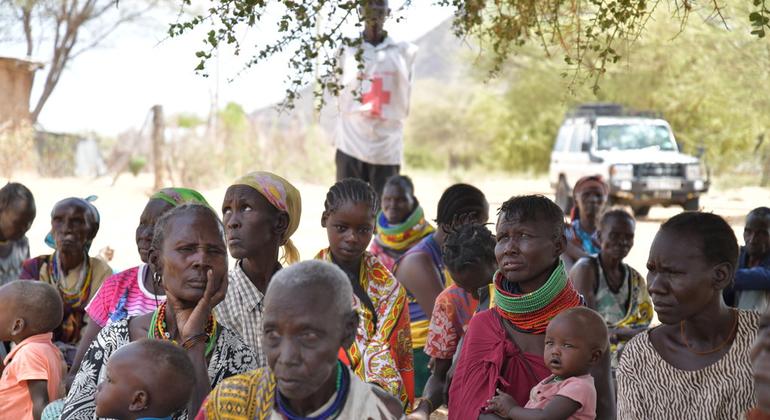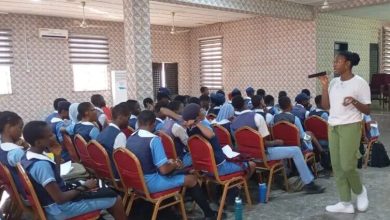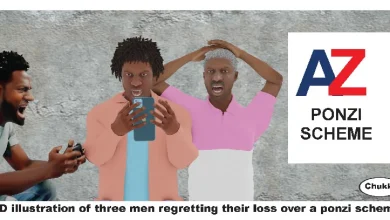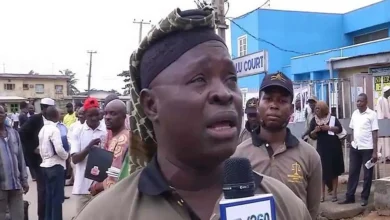Kenya: UN steps up protection for women and girls affected by drought |

39 Elimlim Ingolan, the mother of a seven-year-old child said: “We have to walk for more than seven kilometers to find water, and sometimes what we find is not drinkable. He described searching for water from dry riverbeds, sometimes for hours, often without success.
Ms. Ingolan was speaking at an outreach meeting in Lokapararai village, Turkana region. The conference, sponsored by the UN reproductive rights agency (UNFPA) is one of many aimed at bringing sexual and reproductive health, and gender-based violence protection services, to women. and girls affected by the prolonged drought currently ravaging the region.
Picked up
In some areas, more than 90 percent of water sources have dried up and, as crops have failed, and families have lost their livestock – which, for many, is their only source of income – some more than four million people are suffering from severe hunger. About 134,000 women are currently pregnant or breastfeeding in drought-affected areas of Kenya; many are now malnourished and anemic, life-threatening conditions.
It is usually women and girls who are sent to fetch water; because of the drought, they have to walk even further, and wait for hours in boreholes.
This puts them at greater risk of violence, at a time when conflicts between communities hoping to secure scarce resources, are on the rise.
With hundreds of thousands of Kenyans forced to live in search of survival, vulnerable women and girls do not have access to critical health facilities or safety and support services – the very time they need them. more than.
There is evidence that gender-based violence, female genital mutilation, and child marriage have increased since the war, as families marry their daughters to pay for food or cattle.
Protecting health, rights, and lives
To help protect women and girls from the effects of drought on their health, safety and well-being, UNFPA is distributing maternal health and dignity kits across Kenya.
These facilities contain essential hygiene supplies for women and girls, as well as items to support new mothers, as well as a solar torch and whistle to call for help if needed. UNFPA also provides free hospital referrals and ambulance transports for women with maternity and newborn emergencies.
From October 2021 to June 2022, UNFPA reached more than 186,000 women and girls with sexual and reproductive support.
The agency also supports 60,000 with gender-based violence response and protection services, including mental health support for more than 45,000 survivors.
General appeal
But much more support is needed: the UN is calling for $320 million to support more than four million people in need of urgent assistance through a joint drought appeal.
It is feared that, if the predictions of the rains failed in the period from October to December are true, millions of women and girls who are more vulnerable are at risk of being affected by the crisis.







